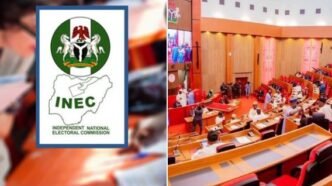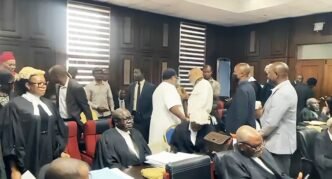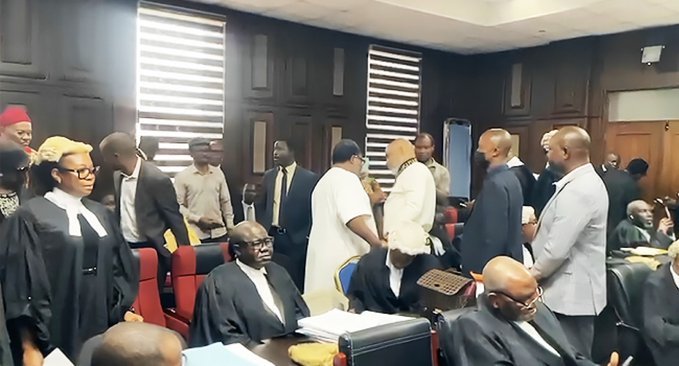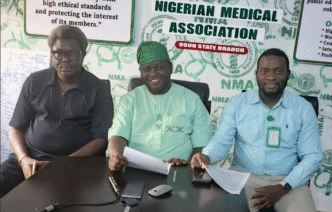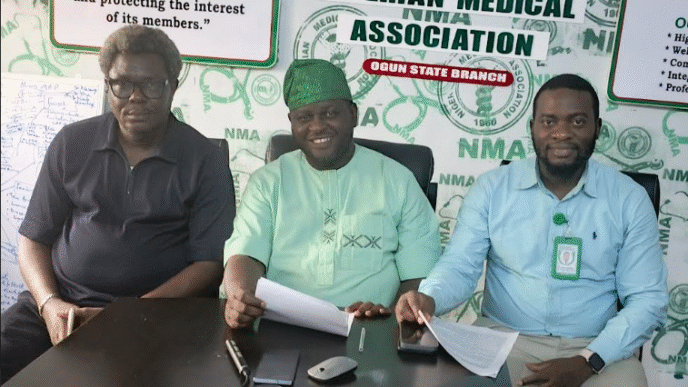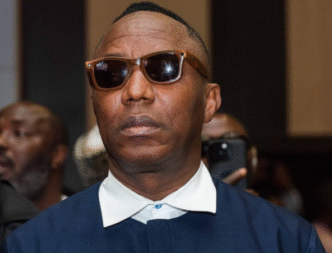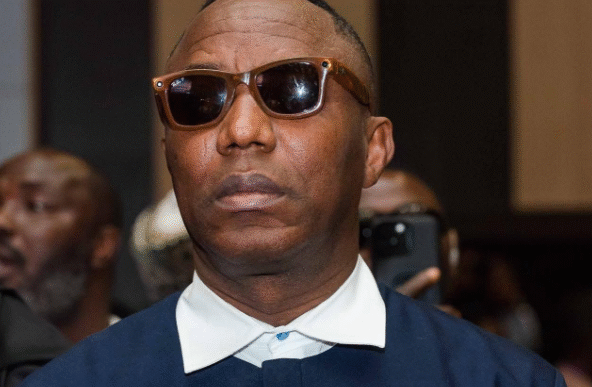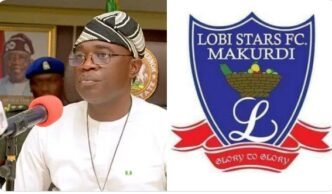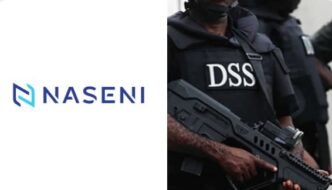ABUJA, October 23, 2025 — The Nigerian Senate has called on the Independent National Electoral Commission (INEC) to proactively defend and clarify the results of recent elections, following widespread public skepticism and allegations of irregularities from opposition parties and civil society groups.
Lawmakers made the demand during plenary on Wednesday, insisting that INEC must not remain silent in the face of growing doubts about its credibility and the integrity of Nigeria’s electoral process.
The resolution followed a motion sponsored by Senator Abdul Ningi (Bauchi Central), titled “Need for INEC to Uphold Transparency and Defend the Credibility of Election Results.”
Senate Demands Transparency and Accountability
While leading the motion, Senator Ningi said the Senate could not overlook the rising public concern over INEC’s handling of recent elections in some states, particularly off-cycle polls and by-elections, where allegations of result manipulation and irregular transmission processes were reported.
“The Independent National Electoral Commission must not keep quiet when its integrity is being called into question,” Ningi said. “The people deserve answers. INEC must come out publicly to explain and defend the results it declared, especially where discrepancies exist between uploaded and announced results.”
He stressed that INEC’s silence was fueling misinformation and eroding public confidence in democratic institutions.
“In every democracy, election management bodies must constantly engage the public to sustain trust. Where there are doubts, it is their duty to explain, defend, and if necessary, correct errors,” he added.
Senators React: ‘Democracy Cannot Survive on Doubt’
Several senators across party lines supported the motion, emphasizing the need for INEC to operate with maximum transparency.
Senator Enyinnaya Abaribe (Abia South) noted that Nigerians’ confidence in INEC had dwindled significantly since the 2023 general elections, largely due to issues surrounding the electronic transmission of results and the functionality of the Bimodal Voter Accreditation System (BVAS).
“We cannot allow the institution that anchors our democracy to lose credibility,” Abaribe said. “If Nigerians no longer believe in elections, then democracy itself is endangered.”
Similarly, Senator Adams Oshiomhole (Edo North), a former governor and ex–party chairman, said defending election results was part of INEC’s legal and moral responsibility.
“INEC has a duty to defend every result it announces. If they declare a winner, they must be able to justify how the winner emerged,” Oshiomhole asserted. “Silence gives room for speculation and delegitimizes the process.”
Call for INEC Chairman’s Briefing
Following the heated debate, the Senate resolved to summon the INEC Chairman, Prof. Mahmood Yakubu, to appear before the Senate Committee on Electoral Matters to provide detailed explanations on:
- The commission’s processes for collating and transmitting election results.
- Measures being taken to ensure transparency in future elections.
- Steps to address logistical and technical challenges observed in previous polls.
The Senate also urged INEC to begin regular public briefings and fact-checking initiatives to counter disinformation about electoral outcomes.
“When INEC speaks clearly and promptly, it prevents false narratives from spreading,” Senate President Godswill Akpabio said while adopting the motion. “The Commission must defend its mandate with facts, not silence.”
Public Pressure and Civil Society Reactions
The Senate’s resolution comes amid growing public pressure on INEC following controversies surrounding recent gubernatorial and senatorial rerun elections in Kogi, Imo, and Plateau States, where opposition parties have alleged irregularities in result collation and electronic uploads.
Civil society groups, including the Transition Monitoring Group (TMG) and Yiaga Africa, have repeatedly called for INEC to publish detailed election data to enhance transparency.
According to Dr. Aisha Abdullahi, Executive Director of the Centre for Democratic Integrity (CDI), INEC’s reluctance to engage the public has contributed to widespread suspicion.
“Citizens deserve to know what happened at every stage of the electoral process. Without timely communication from INEC, people rely on rumours, which worsens mistrust,” Abdullahi said.
She commended the Senate’s resolution, describing it as a “necessary wake-up call” for the electoral body.
INEC’s Response
Although INEC has not yet issued an official statement in response to the Senate’s directive, sources within the commission told reporters that the agency welcomes parliamentary oversight and remains committed to transparency.
An INEC official, who preferred anonymity because he was not authorized to speak publicly, said the Commission has consistently published election results on its INEC Result Viewing Portal (IReV) and is improving its communication strategies.
“INEC is aware of public concerns, and we are working on making our processes more open,” the official said. “We have nothing to hide, and we will cooperate fully with the Senate committee.”
The Larger Context: Rebuilding Trust in Nigeria’s Elections
Since the 2023 general elections, INEC has faced sustained criticism over its management of results transmission, particularly regarding inconsistencies between real-time uploads from polling units and final collation figures announced at state and national levels.
Opposition parties, including the People’s Democratic Party (PDP) and the Labour Party (LP), have accused the commission of failing to uphold transparency promises made before the elections.
Legal disputes over election results have dominated much of the post-election period, with several outcomes overturned by tribunals and appellate courts. Analysts believe these controversies have deepened voter apathy and weakened faith in the ballot.
Professor Jide Olagunju, a political scientist at the University of Lagos, said INEC must go beyond defending individual results to reforming its entire approach to communication and public accountability.
“Defending election results is not just about issuing press statements,” Olagunju explained. “It’s about providing verifiable data, engaging stakeholders, and showing Nigerians that every vote truly counts.”
What Nigerians Expect Going Forward
Many Nigerians are now watching to see how INEC will respond to the Senate’s call. Stakeholders expect the Commission to provide clarity on the following:
- Result Transmission Reliability: Why BVAS and IReV experienced technical glitches during several elections.
- Data Transparency: Whether INEC will publish complete polling unit–level results for all elections.
- Internal Accountability: How the Commission disciplines officials found to have compromised electoral processes.
- Public Engagement: Plans to regularly brief citizens and stakeholders before and after elections.
As the country prepares for the Anambra governorship election slated for November 8, 2025, the Senate’s directive could influence how INEC manages communication and transparency going forward.
Conclusion
The Senate’s insistence that INEC defend its election results marks a pivotal moment in Nigeria’s democratic journey. It reflects growing recognition that public trust is as vital to democracy as the elections themselves.
While INEC maintains that it has followed due process in all elections, the Commission’s next steps — including its appearance before the Senate Committee and its communication strategy — will determine whether it can rebuild the confidence of Nigerian voters ahead of upcoming polls.
Until then, the call from the Senate serves as both a warning and an opportunity: defend the results, or risk losing the trust of the people.

